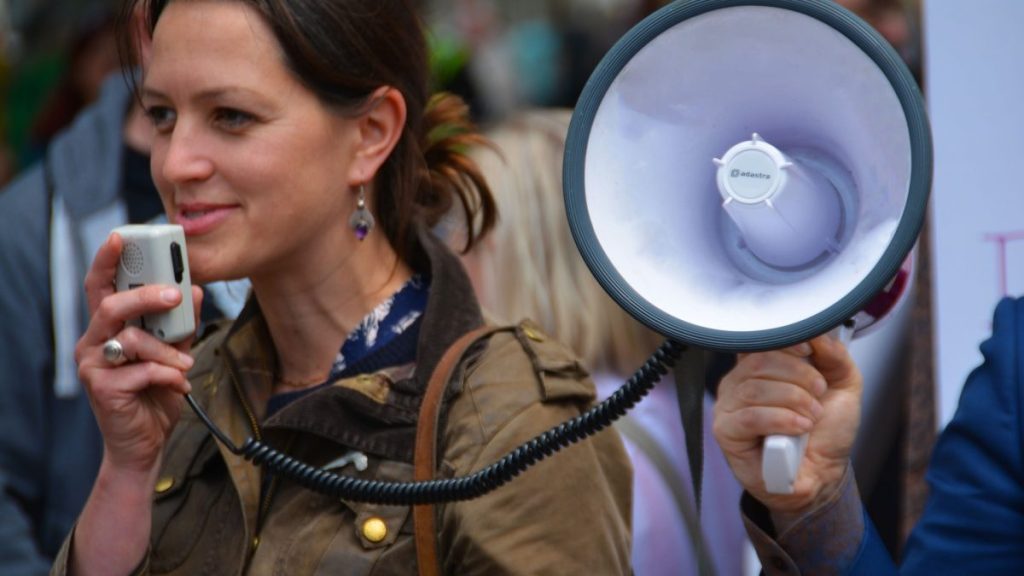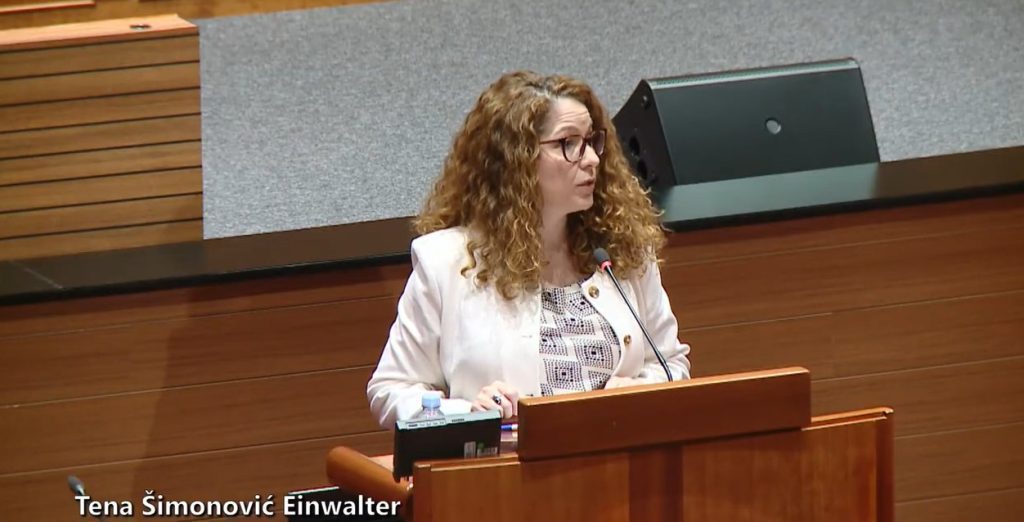Torture constitutes a grave violation of human rights, is absolutely prohibited under international law, and cannot be justified under any circumstances. In order to strengthen the fight against torture and to express solidarity and the necessity of support for victims around the world, 26 June is observed as the International Day in Support of Victims of Torture. On that day in 1987, the United Nations Convention against Torture and Other Cruel, Inhuman or Degrading Treatment or Punishment entered into force.
To ensure effective prevention and protection from torture and ill-treatment, the Optional Protocol to the UN Convention against Torture (OPCAT) established a system of regular visits to places where persons deprived of liberty are held. One of the obligations arising from the ratification of this Protocol is the establishment of National Preventive Mechanisms.
In Croatia, the National Preventive Mechanism for the Prevention of Torture and Other Cruel, Inhuman or Degrading Treatment or Punishment (NPM) was established in 2011, and its mandate has been entrusted to the Office of the Ombudswoman. Within this framework, we continuously highlight the necessary improvements aimed at preventing torture, cruel, inhuman or degrading treatment or punishment, and at strengthening the rights of persons deprived of liberty—through individual cases and NPM visit reports, as well as through the annual reports of the Ombudswoman.
NPM activities include regular and unannounced visits to, for example, police detention units, prisons, penitentiaries, correctional facilities, reception centres for foreigners, psychiatric hospitals, care homes for adults with mental health conditions, as well as homes for older persons and family-run care homes. These are all locations where persons deprived of liberty or persons subjected to any form of detention, confinement, or placement in a publicly supervised institution—whom cannot leave the facility at will—are or may be located.
In addition to conducting on-site visits, reducing the risk of torture, inhuman or degrading treatment, and abuse also requires the implementation of recommendations issued to the relevant national authorities, whether from international institutions such as the UN Subcommittee on Prevention of Torture and Other Cruel, Inhuman or Degrading Treatment or Punishment (SPT), or from the Ombudswoman, who holds the mandate for the NPM.
More information about the work of the National Preventive Mechanism for the Prevention of Torture and Other Cruel, Inhuman or Degrading Treatment or Punishment can be found in the 2024 Report of the Ombudswoman, in the chapters Police System (NPM Activities), Applicants for International Protection and Irregular Migrants (NPM Activities), Prison System (NPM Activities), Persons with Mental Health Conditions (NPM Activities), and Care Homes for Older Persons: NPM Activities



